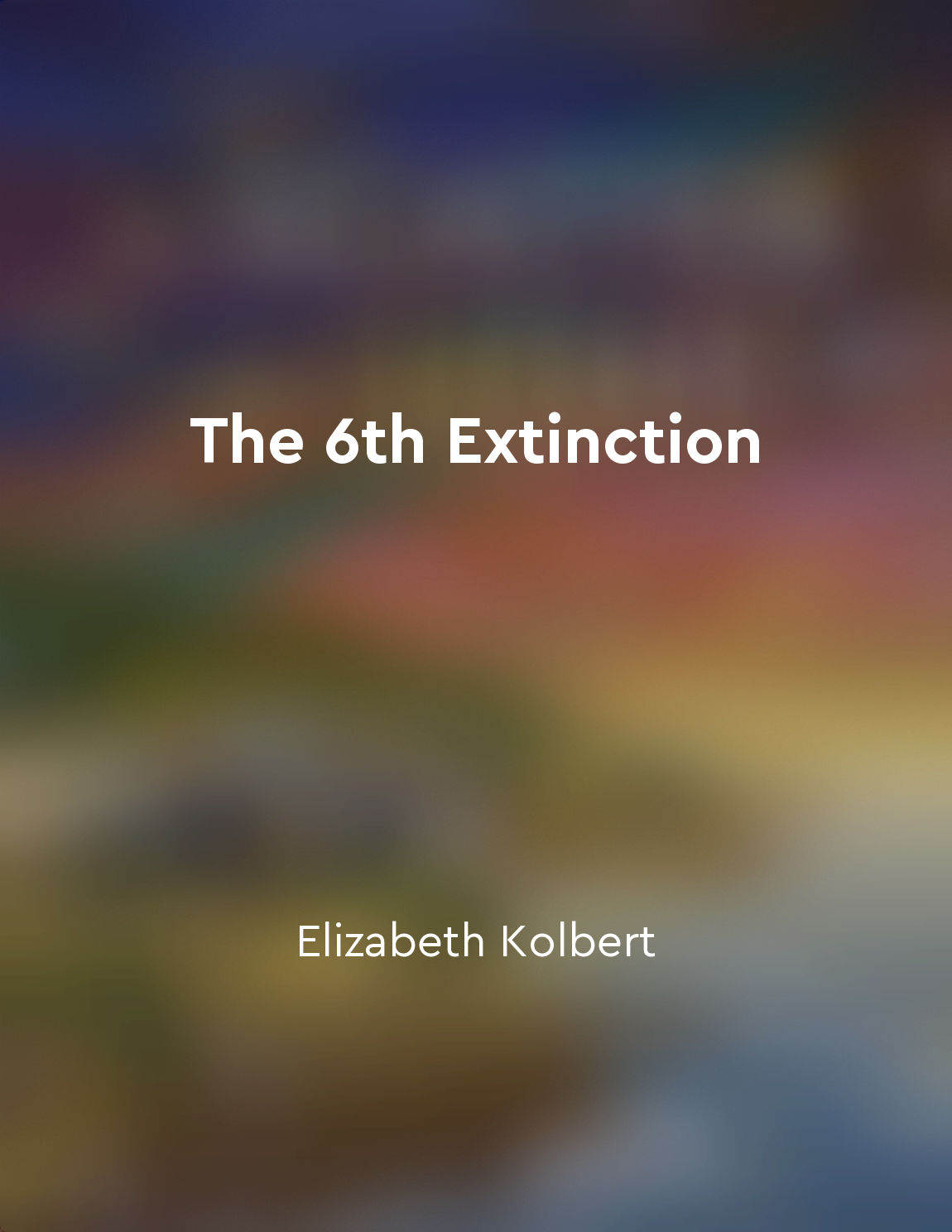Native plant species are particularly beneficial for pollinators from "summary" of The Forgotten Pollinators by Stephen L. Buchmann,Gary Paul Nabhan
Native plant species play a crucial role in supporting pollinators by providing them with essential resources such as nectar and pollen. These plants have co-evolved with local pollinators over time, leading to specialized relationships that benefit both parties. Native plants are well adapted to the local environment and often bloom at key times when pollinators are active, ensuring a steady supply of food throughout the season. In contrast, non-native plant species may not offer the same level of nutrition or support for pollinators. These plants may not produce the right type or quantity of nectar and pollen needed by local pollinators, leading to nutritional deficiencies that can impact their health and reproduction. Additionally, non-native plants may not provide suitable habitat or nesting sites for pollinators, further limiting their ability to thrive in the area. By planting and maintaining native plant species in gardens, parks, and natural areas, individuals can create valuable habitats for local pollinators. These plants act as "nectar corridors" that connect different habitats and allow pollinators to move freely across the landscape in search of food and nesting sites. In doing so, native plants help to support a diverse community of pollinators, from bees and butterflies to moths and birds. Furthermore, native plant species are often more resilient to environmental changes and disturbances compared to non-native plants. This resilience can be crucial for pollinators, especially in the face of climate change, habitat loss, and other threats. By preserving and restoring native plant communities, we can help to ensure the long-term survival of pollinators and the vital ecosystem services they provide. In summary, native plant species are particularly beneficial for pollinators due to their specialized relationships, nutritional value, habitat support, and resilience. By prioritizing the use of native plants in landscaping and conservation efforts, we can create healthier and more sustainable environments for both pollinators and people.Similar Posts
Life on Earth is governed by a few fundamental rules
Life on Earth is governed by a few fundamental rules that shape the living world as we know it. These rules are not complex or ...
Mass extinction events have occurred in the past
Throughout Earth's history, there have been several instances of mass extinction events that have drastically altered the cours...

Eating locally reduces transportation emissions
When we choose to eat food that is grown and produced close to home, we are making a significant impact on reducing transportat...
The wilderness spoke to my soul in ways words cannot describe
In the wildness of Alaska, I found myself enveloped in a profound connection that transcended mere words. The majestic mountain...
Energy consumption rises incessantly
The incessant rise in energy consumption is a defining feature of the Anthropocene. As humans continue to expand their activiti...
The canopy provides a home for countless species of plants and animals
The canopy of the old-growth forests in the Pacific Northwest is a vast, complex ecosystem that supports a diverse array of pla...
Environmental policies should prioritize the protection of natural ecosystems
The health of our planet is intricately connected to the well-being of natural ecosystems. These ecosystems provide essential s...

(Note: The above key ideas have been generated based on the content and themes of the book "The Sixth Extinction" by Elizabeth Kolbert)
The concept of the sixth extinction revolves around the idea that Earth is currently experiencing a mass extinction event, caus...
Earth's future depends on human choices
The fate of our planet lies squarely in our hands. Our choices, actions, and decisions today will shape the future of Earth for...
Inheritance of traits plays a key role in evolution
The process of evolution relies heavily on the transmission of traits from one generation to the next. The idea that offspring ...
